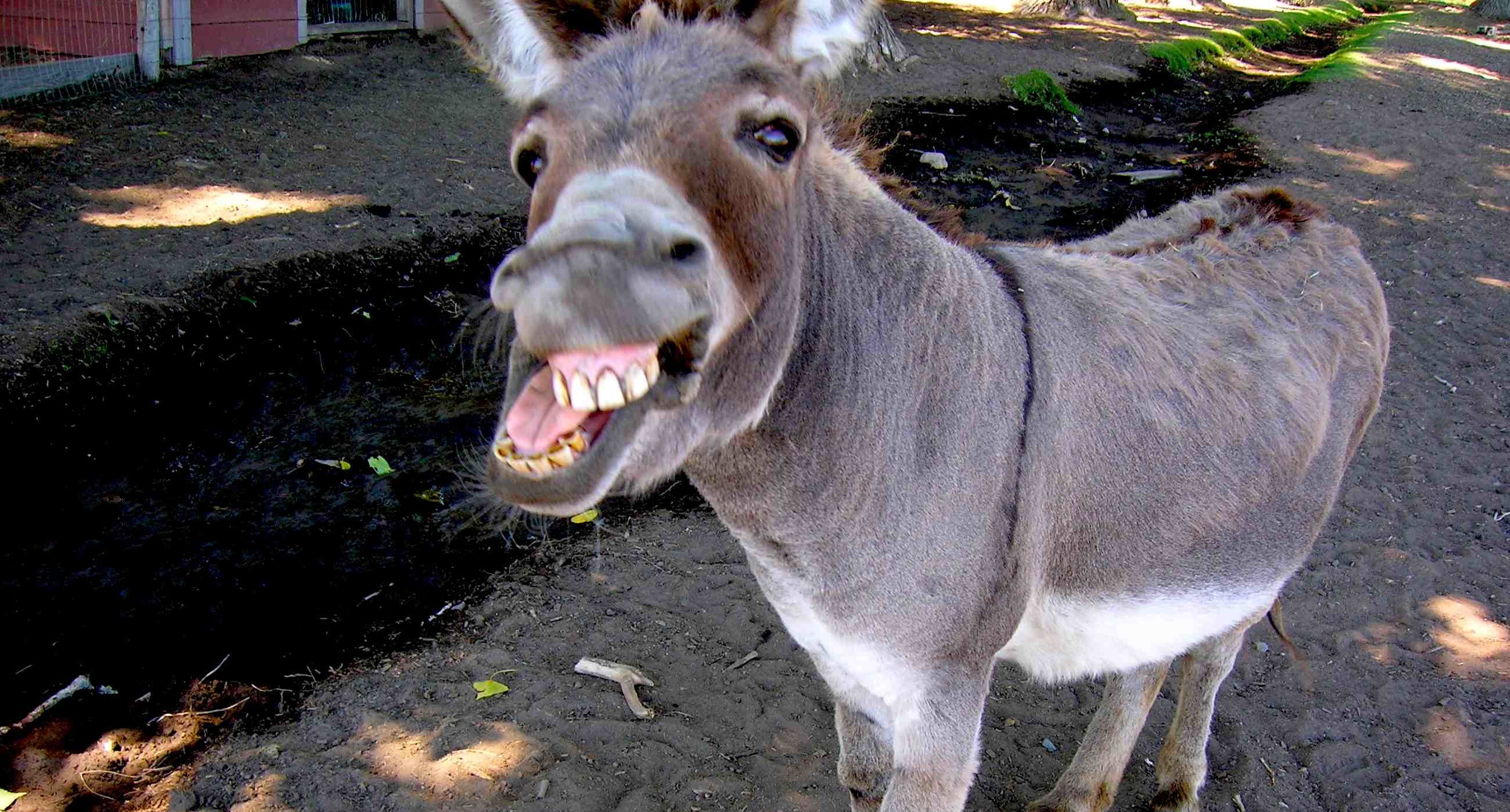While talking to friends and stalking Facebook, I realise that a lot of people don’t really know a whole lot about politics. Most people know the names of Gillard, Rudd and Abbott, but it doesn’t tend to go a lot further than that.
As we come up to the September election (I hope), perhaps rather than attacking candidates, accusing Australia (a democratic country with socialist influences) of being a dictatorship, and assuming that people already know a whole lot about politics, maybe it’s important to assess something that’s a pretty big – yet overlooked – issue in our political system.
While you may think that I am talking about asylum issues, gay marriage and whatever else you think is important, I’m not. I’m talking about a donkey vote, a phrase that rolls off the tongue quite handsomely.
For those unfamiliar with this amazing political lingo, donkey voting is generally defined as filling in a ballot form in the order candidates appear (e.g. 1 to 5, from top to bottom). But this definition can also be stretched out to just submitting a blank voting form or filling it out incorrectly on purpose.
There are a number of totally valid reasons to donkey vote: you can be super cool and stand up to The Man (i.e. protest); you can say “F*ck da system!” and just ignore it because politics sucks anyway (i.e. be apathetic); or you don’t understand politics and all that stuff, so who even cares? You’re just doing it to avoid a fine for not voting.
However, I must object to these very clever reasons for snubbing a vote. Time and time again, after every election we have, the group of people who count votes almost always come out with their voting analysis saying, “Hey guys, if everyone who donkey voted actually voted properly, they might have changed the election result! Isn’t that funny?”
With that being said, it makes total sense why people don’t get into politics. A lot of news reports (here’s looking at you, ABC) assume that you already know about the workings of parliament. Even better, Question Time is just a bunch of middle-aged people shouting at each other like kids in a playground; arguing over who gets to have a go on the slide next – which could be funny for about five minutes, but everything ends up sort of boring and frustrating. And seriously, what does the Budget even mean? Then there’s the whole thing with politicians talking a lot, but not saying much at all, and then citizens have to think about what they’re saying and what their policy might be. Analysis is hard, man.
So yes, politics can be pretty boring and irksome. It leads to anger, disinterest, and ignorance. All of which are reasons to donkey vote. In saying that, my biggest issue with donkey voting is that many do it due to the whole ignorance thing. In 1994, a national survey was conducted in Australia to see how much people actually knew about politics and voting. It’s hugely surprising (read: not surprising at all) that less than half of Australian citizens could name the two houses of parliament. Only one in four people knew that Senate members are elected on a state-wide basis, and 19 per cent said they “knew a bit about federalism”.
Have we changed our education system since 1994? Not enough, as far as I can tell. We learn about governments and voting in primary school (which is great, because it’s at a time in our lives when voting, who leads, and government policies are imperative to our livelihoods); some of us go to camps in Canberra (I can only remember Questacon, and that a gigantic mace has something to do with being prime minister). But in high school, unless you study legal, what do you learn? Not very much.
So, with all this being said, I have two messages, to two different parties. The first, to our education system: Please make more of an effort to teach us about elections, governments, and why it matters. It will stop donkey votes. No, seriously, I don’t know if you know this, but as people approach the end of high school they start to get interested in the government because they have to vote for someone. I hate to break it to you, but kids will not care about voting when they’re 12.
Second, to everyone reading who is thinking about donkey voting: Donkey voting is probably not the greatest idea. Take half an hour out of your day to look at who you might vote for. Or look up ‘How does the Australian government work?’ I hear Wikipedia does the trick with that one.
However, I have also provided some legit reasons not to donkey vote, for your future reference. Firstly, it’ll bring in some Independents. More and more seats are going to independent candidates, which means we’ll finally have some more straight talking and things that make more sense. The great thing about independents is they generally see being in parliament as a privilege, and have a higher rate of keeping-to-word.
Secondly, when you decide to vote properly, you’ll be making more of an effort to be informed. Look up some policy. Then you can make informed status updates on Facebook and stop pissing off your fellow friends who know more about politics than you.
Third, and this one’s a bit cliché, but it’s important: Every vote makes a difference. Remember what I was saying earlier, that in almost every election, if everyone who donkey voted didn’t donkey vote, the results could have changed in a snap? Yep. It’s like how five cents isn’t that much, but if you have a bunch of five-cent coins, you’re super rich.
Tips for becoming rich: Collect a lot of five-cent coins. OK? Good.
Samantha Winnicki
professional writing service


